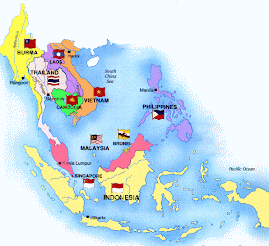EARLY results from Australian-first research at the Tamworth Agricultural Institute have found the use of biochar has the potential to improve water use efficiency in pastures.According to NSW Department of Primary Industries (NSW DPI) Research Hydrologist, Dr Malem McLeod, this is the first time research has looked at how biochar affects plant water use in pastures."Along with reducing greenhouse gas emissions and boosting nutrient retention we now hope to add water efficiency to the long list of biochar benefits," Dr McLeod said."Our research is looking at the impact of poultry-litter biochar on both fertilizer and water use efficiency in tropical pastures." Every month, we measure profile soil water content in the trial plots which have varying fertilizer application rates with and without a poultry-litter biochar."We also estimate herbage mass and take plant samples to see how efficiently the pastures uses water and nitrogen."The initial results are pleasing and show the plots which incorporated biochar, at a rate of ten tonnes per hectare together with fertilizer, were up to 17 per cent more water efficient than those without biochar."
Dr McLeod said the project is part of a larger international project in Australia and Aceh, Indonesia, led by Dr Peter Slavich, and funded by the Australian Centre for International Agricultural Research. "The next two years of the project will confirm the extent of these initial findings," Dr McLeod said. "With one of the most variable rainfall climates in the world, Australian agricultural industries are always looking at ways to become more efficient and more adaptive. "Technological advances such as biochar helps our farmers do more with less and continue to find ways to adapt to our unpredictable climate." Biochar is a stable form of charcoal produced from heating organic materials (crop and other waste, woodchips, manure) in a high temperature, low oxygen process known as pyrolysis. Preliminary results of the Tamworth biochar study include:
- Plots which incorporated biochar together with fertilizer were up to 17 per cent more water efficient than those without biochar.
- Pasture biomass is higher on plots which incorporated biochar when nitrogen fertiliser is also applied.
- Poultry-litter biochar increased available phosphorus by around 50 per cent in the first year of application.
http://theland.farmonline.com.au/news/state/agribusiness-and-general/general/research-looks-at-impact-of-biochar-on-water-efficiency/2135770.aspx




